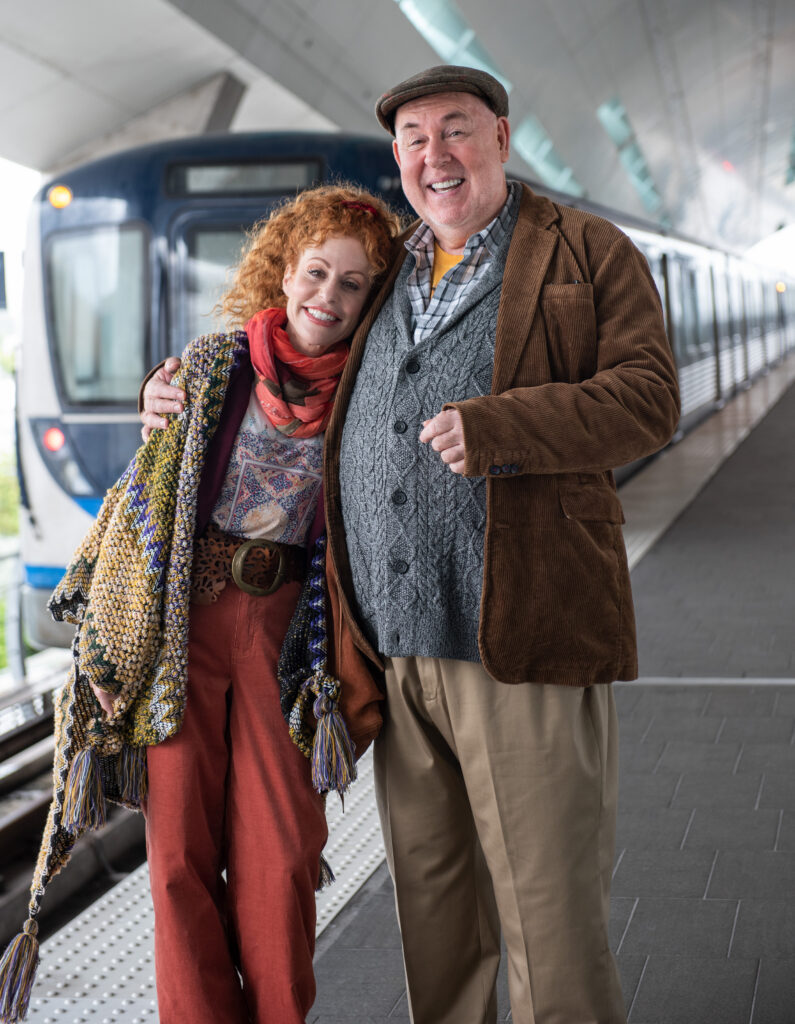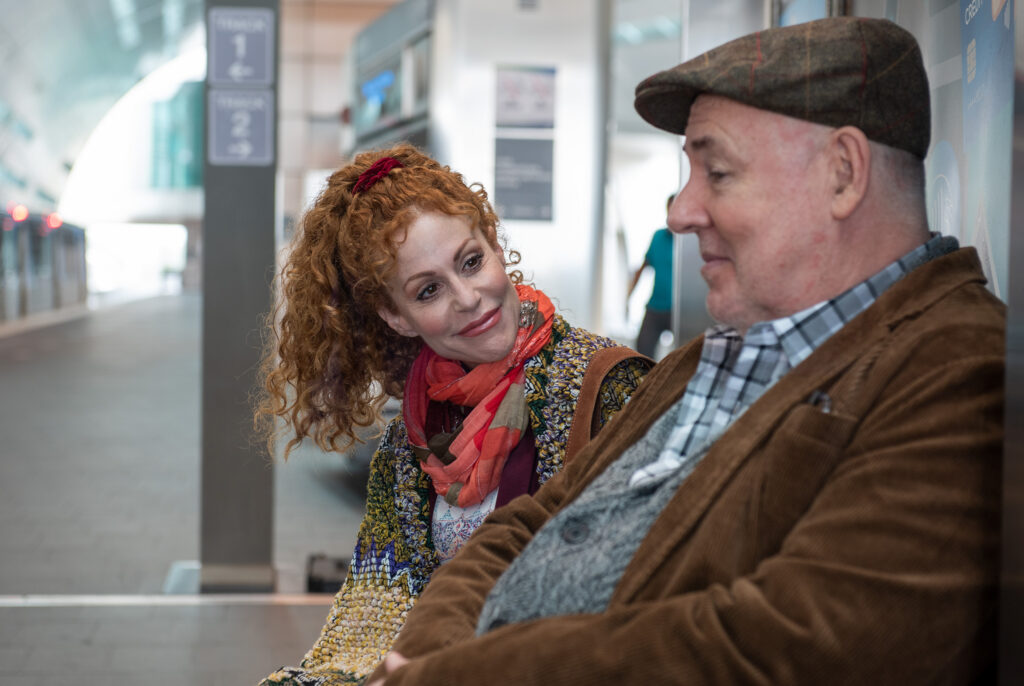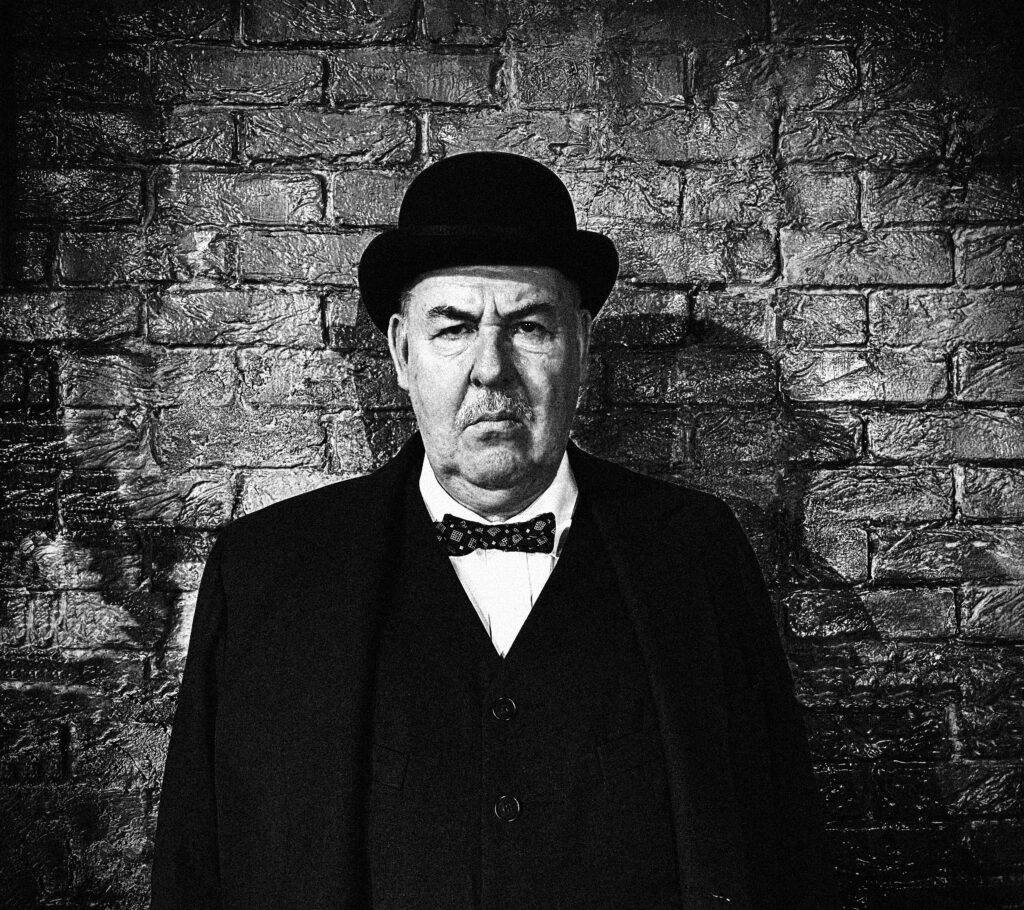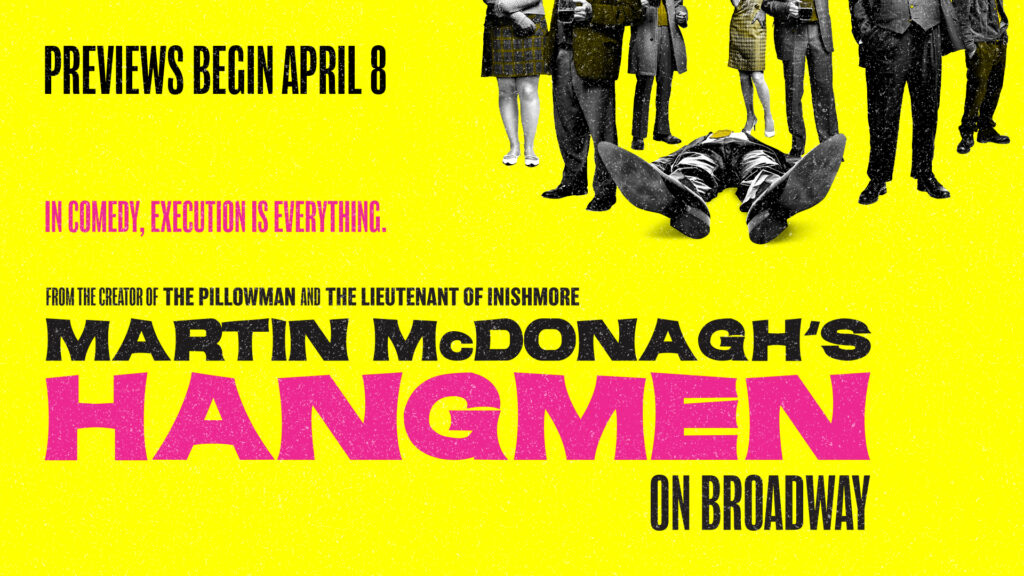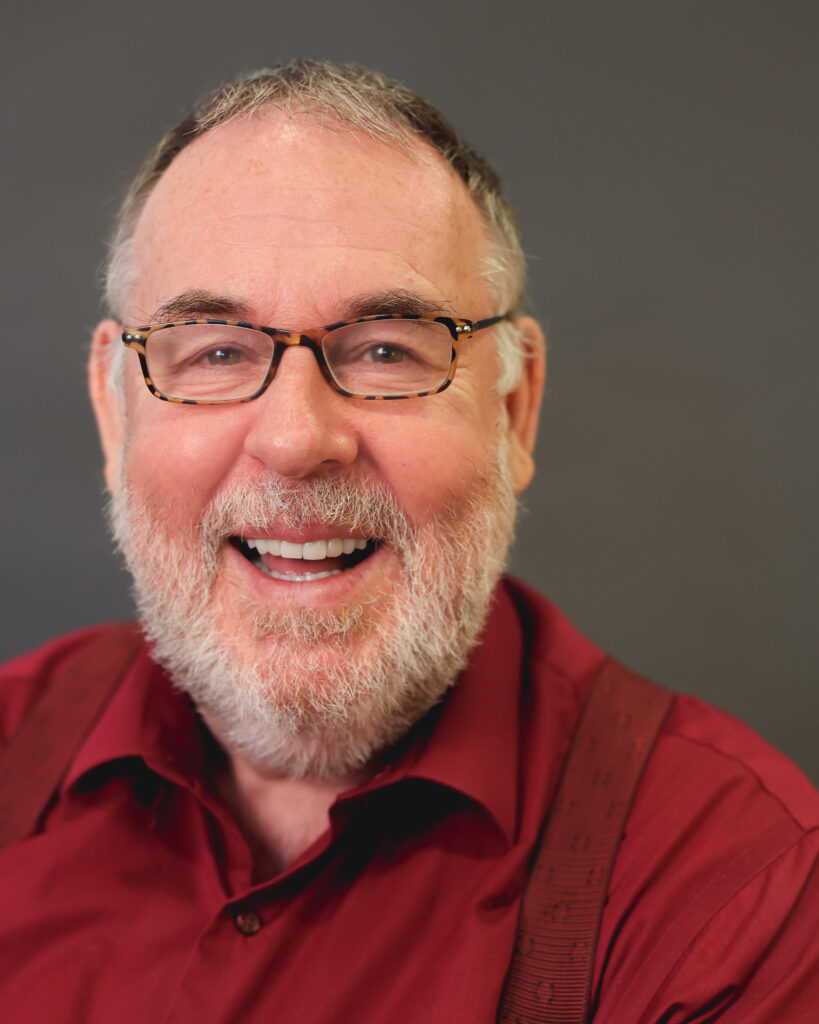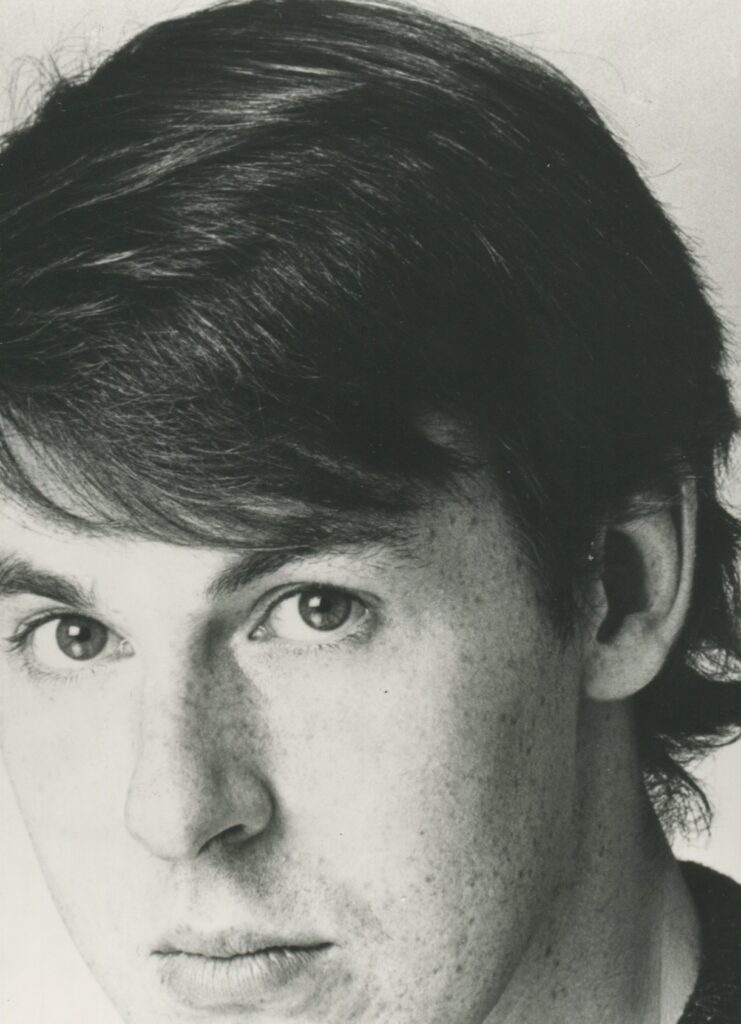As the old year comes to a close it seems appropriate to post some early work. I’m grateful to an old friend from college who spotted this eclectic collection.
This little piece is from way back in the last millennium. It is the result of two days work (one per character). They played it like it was a matter of national importance (i.e. a lot) and it remains, thirty five years on, the highest hourly rate I’ve ever been paid for acting.
If it doesn’t load where we want it, the bit with me begins at 5:27.
Other than that:
New Perspective
I’ve taken the unusual step of asking my agent not to submit me for anything outside of certain secret select categories.
I have finally realized the wisdom as expressed by another old chum from college, “I long ago gave up the idea of being a big star, now I just want to be fabulously wealthy!“
“How many of your clients tell you they don’t want to work?” I asked my agent.
“None of them.” He said.
Fair enough. The corollary to an answer given by a doctor to a friend when he asked, “How many of your patients die?”
“All of them.” Said the doctor.
So I’m taking the next year to write, barring something irresistible from the two select categories mentioned above.
I’ve read Elmore Leonard’s 10 Rules of Writing.
It took about 10 minutes to read, another 10xn to appreciate and I guess it’ll be multiples of 10 hours, months or years (if I live that long) to apply them.
Meanwhile here is attempt at what not to do when writing books, as Elmore has it:
Prologue
There had been rain. Rain that was deeply and meaningfully wet. But now it was snowing moodily. The flakes drifted down like celestial dandruff. She put the kettle on for tea and scant minutes later the jolly whistle announced water at a rolling boil. “Do you want some honey in your tea?” she enquired abruptly. “How long have we been married?” he rejoined, sarcastically. “Too long!” was her unspoken thought. “Didn’t you oughter know bai now!?” he continued, lapsing into the twang of his rural vernacular, flipping the pages of his newspaper in a huff with a noisome grunt that annihilated any residual sweetness in the room. She sniffed, blew her nose, coughed, dried her hands handily and poured the angry water onto the placid tealeaves.
Forward to 2023
So now that I am finished with acting for the time being (except for the S.S.C. – secret select categories), what to do? I know! … I’ll be a writer.
I’ve read Annie Lammot’s book, Bird By Bird, and Stephen King’s book, On Writing, I’ve thumbed through Strunk and White’s, The Elements of Style, I’ve watched masterclasses on Masterclass from Aaron Sorkin to Walter Mosely. I’ve taken to heart the maxims:
Don’t get it right, get it written.
Don’t make it good, make it by Tuesday.
Any fool can write, it takes a man to re-write.
Tricky one that, in these gender-sensitive days. Phases sometimes used in legal contracts to indicate inclusion might help. Is it better rendered: Any fool can write, it takes a woman/man/human/person/sentient being/humanoid native of planet Earth to re-write?
I have no answer.
This comes late for Hanukkah, early for Christmas, but bang on for the Solstice and for Yule.
You could say “Season’s Greetings”. For a comedic take, see Alan Aybourn’s play of that title and my retrospective blog post about touring in it with the late great Marti Caine
Whichever way you celebrate, best wishes to you, and have a fantastic New Year!
